Why Deliberative Science Must Drive Public Policy: Common Sense in Health Regulation
- Andrew Langer

- May 22, 2025
- 4 min read

All too often these days, politics often trumps principle, and soundbites drown out substance; it is easy to forget the purpose of public policy: to protect and promote the well-being of the American people. But that purpose is undermined when science becomes politicized, and regulations are built not on evidence but on ideology. The recent actions and debates at the FDA and within the broader health policy community serve as a case study in what can go right when science is applied properly—and what can go wrong when it is ignored or manipulated.
Take the FDA’s recent convening of a scientific panel to examine the presence of talc in food, pharmaceuticals, and cosmetics. This is what deliberative science should look like in action. The agency brought together oncologists, toxicologists, pathologists, and industry experts to assess both the risks and the scientific uncertainties surrounding talc. The panel was transparent, fact-driven, and open to diverse viewpoints. It acknowledged the complexity of the science, recognized the existing evidence of potential harm, and took seriously the idea of phase-outs and alternatives. That's not just good science. It's good governance.
Compare that to the increasingly hysterical push from certain corners of the public health world to demonize alcohol and even non-alcoholic beverages, not to mention meat, sugar, and other so-called "ultra-processed" foods. These campaigns are not grounded in balanced risk assessment. They're driven by moral panic, social engineering, and a desire to control behavior rather than inform choices. When dietary guidelines become Trojan horses for climate activism or ideological purity tests, trust in our public health institutions erodes.
As I said at CPAC 2025, it's one thing for the government to offer guidance. It's another thing entirely when those guidelines become mandates that reshape industries, restrict consumer choice, and override common sense. The dietary guidelines review process, as currently structured, is opaque, biased, and all too often captured by special interests—including those seeking to push lab-grown meat, plant-based diets, or ESG-scored nutrition.
The FDA's talc panel was a rare instance of humility and openness in health regulation. Experts admitted what they didn't know, debated what they thought they did, and looked at both mechanistic and epidemiological evidence. They acknowledged the growing concern over chronic inflammation, cancer risk, and the plausible biological mechanisms by which talc might cause harm. They also recognized the practical reality: talc is still present in common foods and medicines, often with no clear benefit. It deserves greater examination. And more importantly, it deserves decisions that weigh risks proportionally and transparently.
This kind of scientific deliberation stands in stark contrast to the Biden administration's revision of OMB Circular A-4. The updated guidance undercuts the core of sound regulatory review by abandoning objective cost-benefit analysis in favor of vague, politicized criteria like "equity" and "global impact." It downgrades the role of comparative risk assessment—the single most important tool we have to measure whether one risk is greater than another. When government agencies start prioritizing speculative benefits over measurable costs, bad decisions follow. And the public, especially small businesses and working families, foot the bill.
That’s why the CPAC Foundation’s Center for Regulatory Freedom filed a formal petition urging the OMB to reopen the rulemaking process for Circular A-4. The principles of American regulatory policy must remain rooted in transparency, accountability, and economic realism. We cannot allow ESG metrics and ideological crusades to replace data-driven decision-making.
Let me be clear: Americans are not lab rats. We are free people. And free people deserve health policies that inform, not impose. The government should not be deciding what you can drink with your dinner or whether your kids can eat a piece of candy coated with powdered sugar (or talc). If something poses a real, demonstrable risk, let’s talk about it. Let’s study it. Let’s deliberate openly. But let’s not weaponize flawed science to enforce conformity.
It’s worth remembering that we’ve been down this road before. The 1990s war on fat gave way to a carb craze that fueled obesity. The attacks on cholesterol led to a pharmaceutical gold rush, while nutrition labels changed with every passing trend. Today, that same top-down, whiplash approach threatens to repeat itself under the guise of "equity" or climate-friendly eating. It's not science. It's social policy masquerading as science.
We saw during COVID what happens when public health loses credibility. Once-trusted institutions like the CDC and FDA found themselves struggling to recover from the fallout of politicized mandates, contradictory messaging, and noble lies. If we want to rebuild trust, we must start with honesty. And honesty means admitting when the science is uncertain, when risks are small, and when tradeoffs are real.
The FDA's process on talc reflects what the American people want: a fair shake. Let scientists argue the evidence. Let regulators explain their reasoning. Let the public see behind the curtain. And above all, let free people decide how to live their lives, based on facts, not fear.
Science should never be a cudgel to force behavior. It should be a compass to guide it. When science is used honestly, it illuminates. When it’s used ideologically, it obscures.
In the fight for freedom in health regulation, we must choose clarity over confusion, deliberation over dictates, and risk literacy over risk aversion. If we want public policy to serve the public, it must be driven not by agendas but by reason and common sense.
Let deliberative science lead the way.








.png)




_gif.gif)